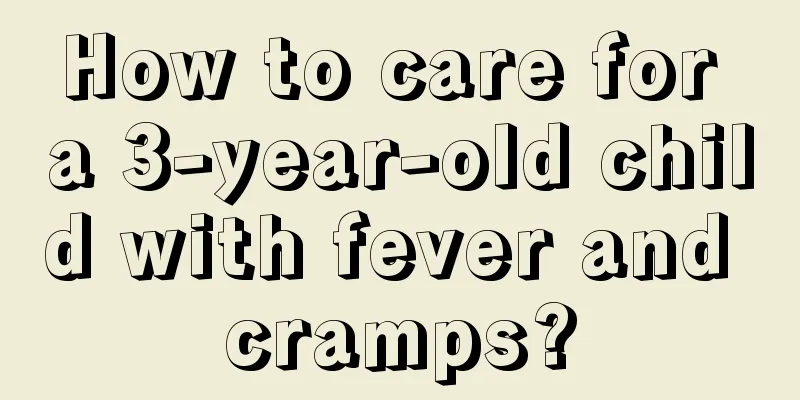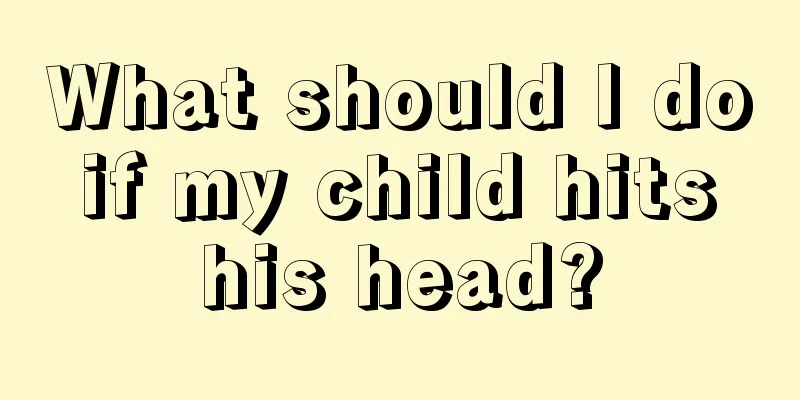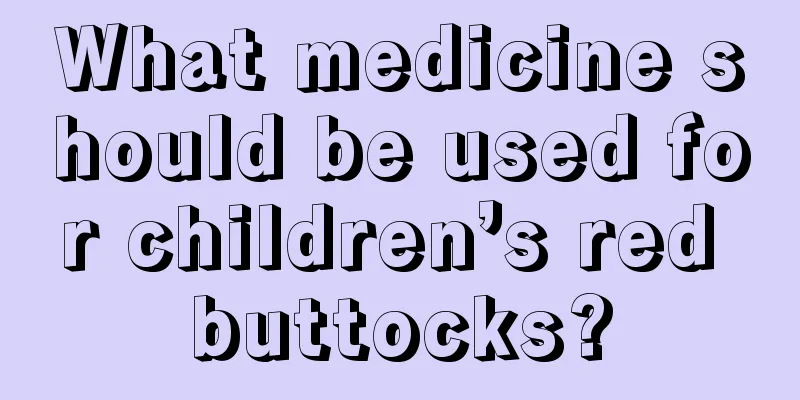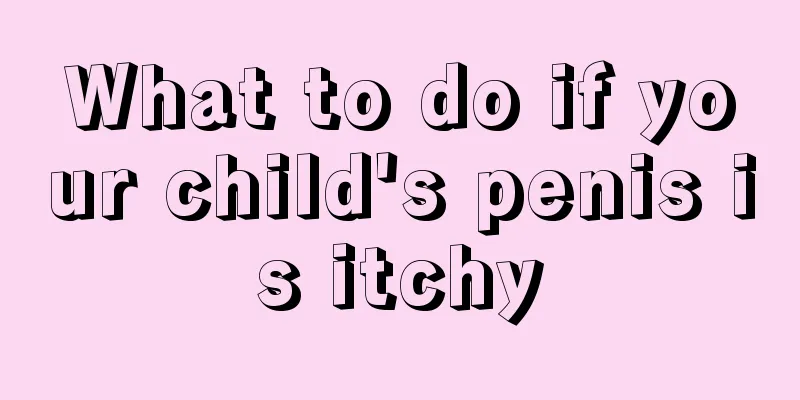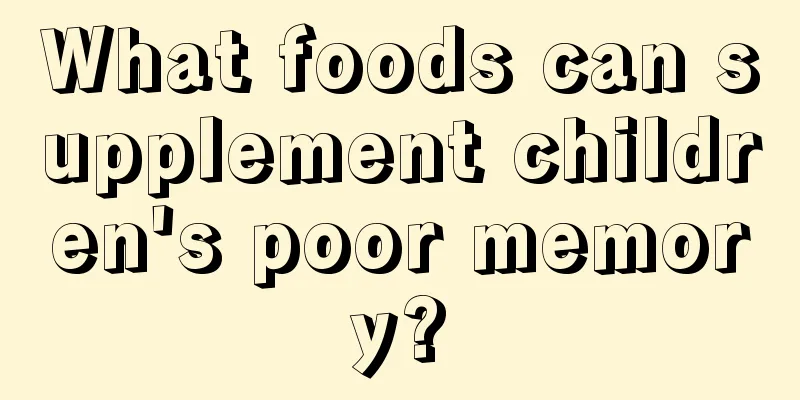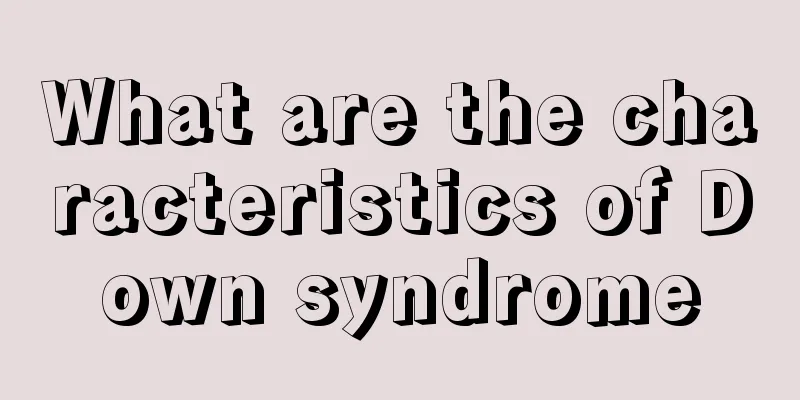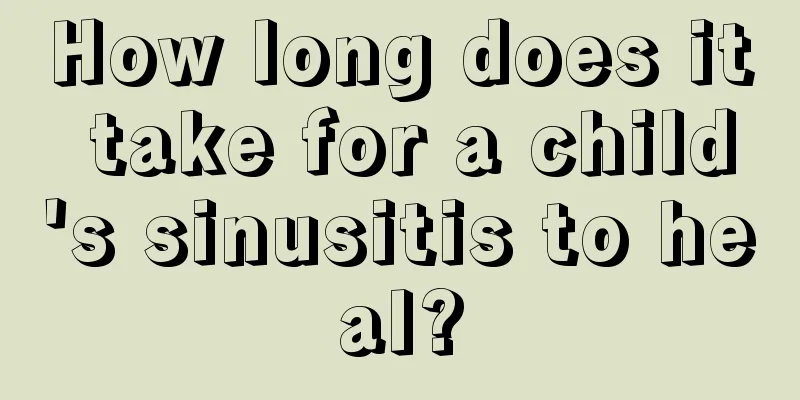Symptoms and causes of baby's fever and convulsions
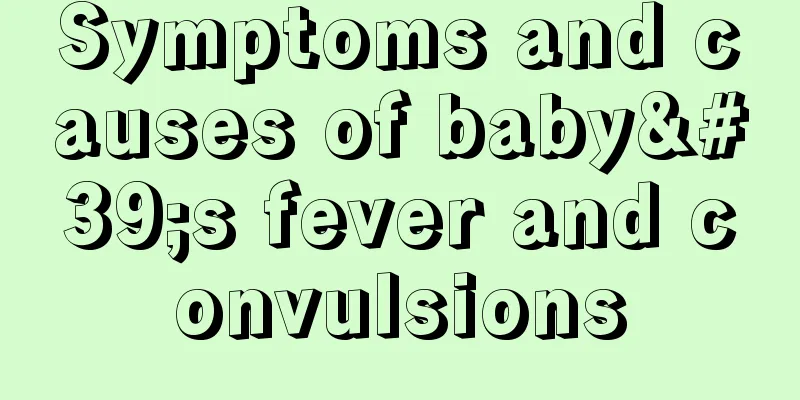
|
Symptoms of fever and convulsions in babies are quite common. These symptoms occur when the fever is 39 degrees or above. Fever in babies is a very common disease. Severe fever can cause convulsions, which stimulates the baby's body and brain. So what are the symptoms of fever and convulsions in babies? What reasons in life can cause fever and convulsions in babies? Please follow us to learn more. We hope that every parent should be vigilant. When normal brain activity is disrupted, a febrile seizure can occur. A high fever seizure often occurs without warning. During a febrile seizure, your child may: 1. The body becomes stiff or limp. 2. Being unconscious or unable to recognize the surrounding environment. 3. Body twitching. 4. Difficulty breathing. The causes of childhood convulsions can be divided into two categories: infectious (febrile convulsions) and non-infectious (afebrile convulsions) according to the presence or absence of infection. According to the site of involvement of the lesion, it is divided into intracranial and extracranial types. (1) Infectious convulsions (febrile convulsions) 1. Intracranial viral infections such as viral encephalitis and Japanese encephalitis. Bacterial infections such as purulent meningitis, tuberculous meningitis, brain abscess, and venous sinus thrombosis. Fungal infections such as cryptococcal meningitis. Parasitic infections such as cerebral cysticercosis, cerebral malaria, cerebral schistosomiasis, cerebral paragonimiasis, and toxoplasmosis. 2. Extracranial diseases: high fever convulsions, toxic encephalopathy (severe pneumonia, whooping cough, toxic dysentery, sepsis as primary diseases), tetanus, etc. (ii) Non-infectious convulsions (afebrile convulsions) 1. Intracranial diseases and craniocerebral injuries such as birth injuries, brain trauma, neonatal asphyxia, and intracranial hemorrhage. Abnormal brain development such as congenital hydrocephalus, cerebrovascular malformations, macrocephaly (microcephaly), cerebral palsy and neurocutaneous syndrome. Intracranial space-occupying diseases such as brain tumors and brain cysts. Epileptic syndromes such as grand mal seizures and infantile spasms. Brain degenerative diseases such as demyelinating encephalopathy and macular degeneration. 2. Extracranial diseases Metabolic diseases such as hypocalcemia, hypoglycemia, hypomagnesemia, hyponatremia, hypernatremia, vitamin B1 or B6 deficiency, etc. Genetic metabolic diseases such as glycogen storage disease, galactosemia, phenylketonuria, hepatolenticular degeneration, and mucopolysaccharidosis. Systemic diseases such as hypertensive encephalopathy, uremia, heart rhythm disorders, severe anemia, food, drug or pesticide poisoning, etc. The symptoms of a baby's fever and convulsions are very obvious. After this symptom occurs, parents will worry that the child's high fever will affect their intellectual development, and they are even more worried that the baby will have sequelae after the fever and convulsions. Therefore, when taking care of your child, you should observe physical abnormalities every day to prevent the baby from continuing to have a fever and reduce the fever in time. A high fever will have a certain impact on the body. |
<<: What causes black gums in children?
>>: Causes and treatments of baby's fever and eczema
Recommend
How to correct a child's overbite
Overbite is a dental deformity caused by incorrec...
How to reduce the temperature physically when the baby has a fever of 38.5?
It is a common physical illness for babies to hav...
What to do if your baby's eyes are red
Parents with children at home must have noticed t...
Transparent small blisters on baby's hands
In the hot summer, many people sweat a lot, which...
How to treat tracheitis in children
Bronchitis is divided into acute bronchitis and c...
What should I do if my baby cries so hard?
Babies are probably the crybabies in the world. I...
What to do if your newborn baby has chapped lips
The reason for the chapped lips of newborns is de...
What to do if your child has heavy teeth
Children will start to change their teeth when th...
What to do if your baby has tonsillitis and fever
Tonsillitis and fever in babies have a great nega...
Treatment of enlarged adenoids in children
We have seen many, many children with enlarged ad...
What should I do if my 2-year-old baby has tooth decay?
Children aged 2 years old are more greedy for sna...
What to do if you hit your head and get a blister
If a baby hits his head, parents need to pay atte...
What is the treatment for hernia in children?
Many parents generally do not want to undergo sur...
What is the shape of a three-month-old baby's stool?
Nowadays, mothers are getting younger and younger...
Causes of anal abscess in infants
Children have weak resistance and often have some...
